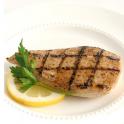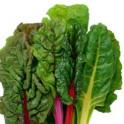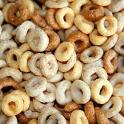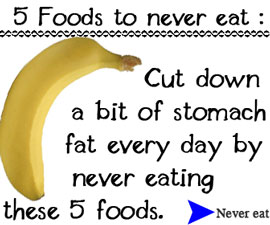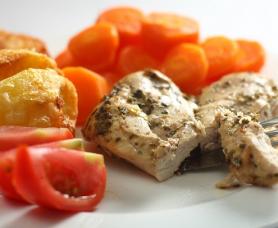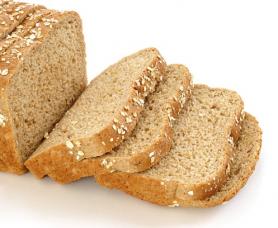If you’re like most people, the first thing that you think about the moment your fit hit the floor in the morning is a rich cup of coffee. For some of you, the aroma of a fresh cup of coffee may even quite in fact get you out of bed in the morning.
Whether you’re a morning coffee drinker only or you like to enjoy a cup mid-afternoon or after your dinner meal, it’s important to know the nutritional information and benefits that this beverage has to offer.
It’s also important to note that if you’re someone who frequently orders your coffee at the local coffee house, these beverages can range anywhere from 50 calories all the way up to 500 or more depending on what all goes into them.
For this reason it’s a very good idea to either ask the server how your coffee beverage is made or check online to see if the nutritional stats are posted. Most major coffee house chains will have this information on the Internet so it’s a good resource to use.
Major Nutrients Found In A Cup Of Coffee
While the actual coffee beverage itself is calorie free, it’s going to come down to what you’re putting in that cup of coffee that reflects its actual calorie count.
For each tablespoon of sugar that gets added, you’ll consume:
Add Sugar - 1 tablespoon
Calories: 46 calories
Carbohydrates: 12 grams
For each tablespoon of cream that is added:
Add Cream (half and half) - 1 tablespoon
Calories: 20calories
Protein: 0.5 grams
Carbohydrates: 0.7 grams
Fat: 1.8 grams
Fiber: 0 grams
While you won’t find many actual nutrients in that cup of coffee, some studies illustrate that drinking a cup or two a day can help to reduce the risk of diabetes as well as help speed up the metabolic rate (assuming you’re not consume decaf).
In addition to that, having a regular coffee intake can also help to reduce the risk of Parkinson’s disease, so that’s another nice benefit it has to offer.
While some people consider coffee to be quite a large vice, this really isn’t the case as long as you’re not drinking extreme amounts and are not adding too much fat or sugar.
Storing/Selecting
When selecting coffee you want to look for beans that have been kept in an air tight container or package as this will help to preserve the quality and freshness of them after they’ve been ground up.
Once you have your coffee at home with you, store it in a container in a cool, dark environment that’s air tight as well.
Eat It With:
Coffee can be taken alone when you need a quick pick me up or eaten with any of your meals or snacks. One thing to note is that drinking coffee will decrease the rate of absorption of calcium, so avoid drinking coffee when you’re eating calcium rich foods.
Burn Off Calories In A Cup Of Coffee
Since coffee contains no calories, you can enjoy this beverage whenever you see fit and experience no weight gain because of it assuming you are drinking it black or with calorie-free ingredients added (cinnamon, sugar-free syrups, Stevia, etc).

